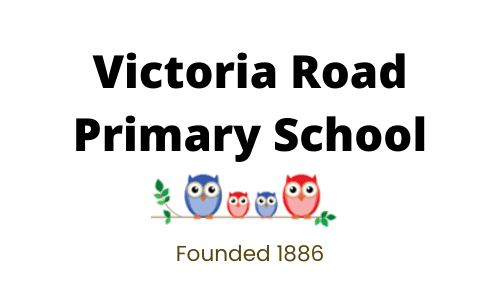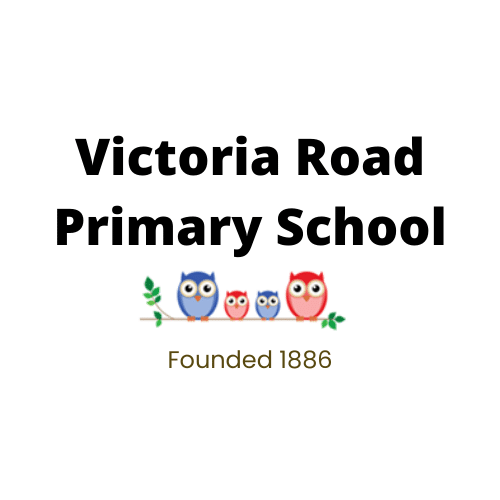EYFS
EYFS Curriculum
Our Leader for EYFS is : Mrs Shutt
Curriculum Statement
Intent
At Victoria Road Primary School our Early Years Curriculum is underpinned by our core values of Care, Achieve, Respect and Enjoy.
As Early Years educators we are dedicated to developing a curriculum that reflects the uniqueness of early childhood. It is our belief that childhood should be seen as valid and the best way to guide children in their early years is to give them what they need as children. We are passionate about developing a curriculum that supports young children’s natural desires to, move freely, communicate and ask questions, build and construct and play imaginatively. Through our child centered approach, we are committed to providing a positive foundation for our youngest children because we value the importance of developing children with a strong sense of well-being. We believe that through creating a carefully planned, calm environment, surrounded by familiarity, thought provoking resources and skillful adults we are promoting opportunities for our children to communicate freely and make sense of new concepts.
Our vision at Victoria Road Primary School is to ensure that all our children leave our early years happy, inquisitive and with the confidence to always be willing to have a go.
Implementation
At Victoria Road we have developed an Early Years Curriculum based on understanding that Birth to 5 is a unique neurological and developmental phase. Our curriculum plans for concrete learning experiences, the opportunity to revisit ideas in a variety of contexts and embedding learning behaviours which underpin the Characteristics of Effective Learning. We believe that learning is not compartmentalised and that for our young children everything links.
Our Curriculum is based around the Early Excellence Triangle Model which divides learning into three strands, Continuous Provision, Enhanced Provision and Directed Activities.
Continuous Provision
Through this model we identify Continuous Provision as the foundation of our curriculum. We have developed a high quality, well planned learning environment with carefully selected resources to enable children the freedom to lead and make sense of their own learning. Time is a fundamental component of Continuous Provision and children are given adequate time to develop their ideas through play. The role of the adult is crucial in supporting children’s development of concepts and our skilled adults play alongside the children, sensitively scaffolding when needed enabling children to develop strong learning behaviours. Each area of learning is carefully planned for identifying the key learning opportunities, the intended experiences, vocabulary and the role of the adult in developing the play. Through our high quality provision we enable our children access to rich learning experiences ensuring that our children have the knowledge, language and executive functions to become successful learners.
Enhanced Provision
The second layer of the model focuses on Enhanced Provision and this is a key part in strengthening the cultural capital of every child. Enhancements include resources linked to cultural events and traditions, seasonal changes and children’s own interests and fascinations. In addition, enhancements include a range of visitors to the setting, real life experiences for example hatching chicks and trips out exploring the local environment. Enhancements are skillfully supported by adults during play to enhance language and develop the skills and knowledge.
Directed Teaching
The final strand of our curriculum focuses on Directed Teaching. This aspect of children’s learning prioritises what cannot be taught through the Continuous Provision and needs to be taught directly through teacher led input. The directed teaching strand covers the teaching of reading, including both word reading through phonics and comprehension skills, the teaching of writing and finally the teaching of Mathematics. Each area of direct teaching is planned and sequenced to ensure progression across the year.
Impact
To ensure the impact of our curriculum we use our knowledge of each child to inform our planning. Formative observational assessments are a valuable part of our practice and form the basis of weekly discussions. This allows us to respond to the individual needs of each and every child and swiftly identify children who are at risk. Our half term summative assessment focuses on phonics, fine motor, writing and mathematical development. As a team we prioritise our time to be interacting with the children within the provision and will only record what is valuable in identifying children’s progress towards our curriculum goals.

EYFS
“The goal of an early years education should be to activate the child’s own natural desire to learn”



